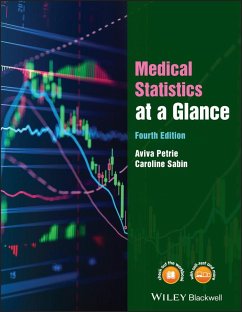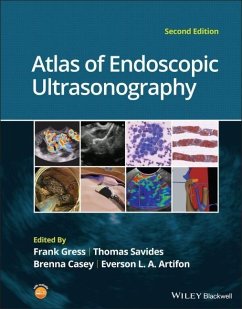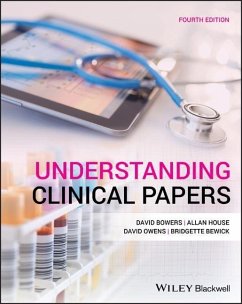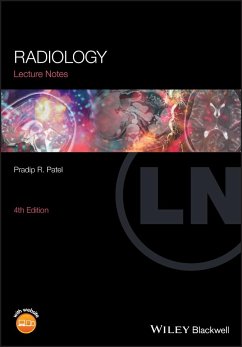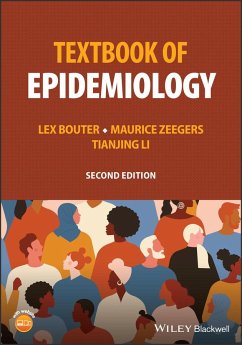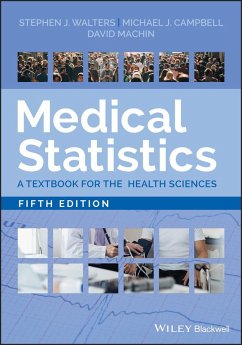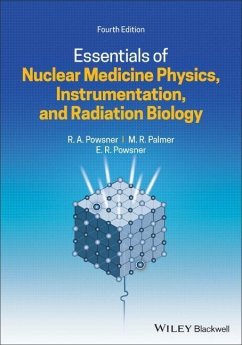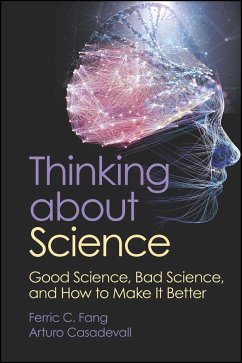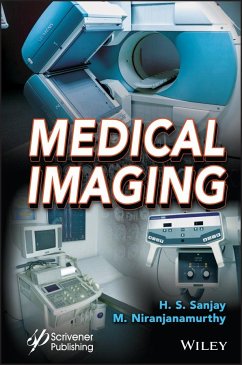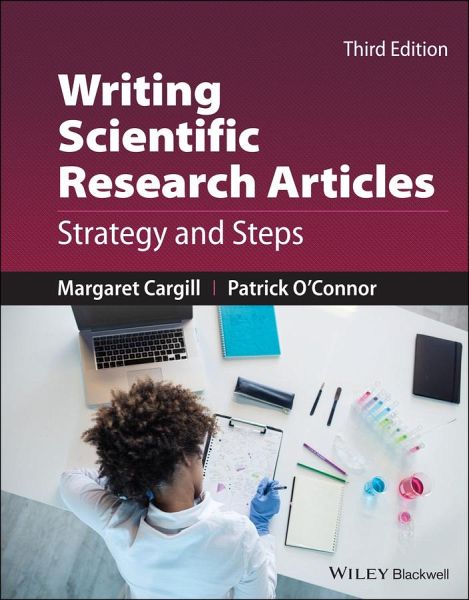
Writing Scientific Research Articles
Strategy and Steps
Versandkostenfrei!
Versandfertig in 2-4 Wochen
41,99 €
inkl. MwSt.
Weitere Ausgaben:

PAYBACK Punkte
21 °P sammeln!
Writing Scientific Research ArticlesThe new edition of the popular guide for novice and professional scientists alike, providing effective strategies and step-by-step advice for writing scientific papers for publicationFor scientists writing a research article for submission to an international peer-reviewed journal, knowing how to write can be as important as knowing what to write. Writing Scientific Research Articles: Strategy and Steps provides systematic guidance on writing effective scientific papers with the greatest chance for publication. Using clear language, this highly practical gui...
Writing Scientific Research Articles
The new edition of the popular guide for novice and professional scientists alike, providing effective strategies and step-by-step advice for writing scientific papers for publication
For scientists writing a research article for submission to an international peer-reviewed journal, knowing how to write can be as important as knowing what to write. Writing Scientific Research Articles: Strategy and Steps provides systematic guidance on writing effective scientific papers with the greatest chance for publication. Using clear language, this highly practical guide shows scientists how to apply their analysis and synthesis skills to produce a compelling research article and increase their competence in written communication of science.
The third edition is fully revised to reflect changes in the review process and science journal publication. Incorporating current developments in technology and pedagogical practice, brand-new sections cover mapping and planning manuscripts, choosing results, systematic reviews, structured abstracts, and more. Updated material on referee criteria offers valuable insights on what journal editors and referees want to publish and why. Offering a hands-on approach to developing the academic writing skills of scientists in all disciplines and from all language backgrounds, Writing Scientific Research Articles
_ provides a genre-based pedagogy and clear processes for writing each section of a manuscript across the full range of research article formats and funding applications
_ presents tested strategies for responding to referee comments and developing discipline-specific language skills for manuscript writing and polishing
_ pairs each learning step with updated practical exercises to develop writing and data presentation skills based on expert analysis of well-written papers, including provided example articles
_ includes chapters on the difference between review papers and research papers, and on skill development using journal clubs and writing groups
_ features a wealth of new information on topics including Open Access publishing, online reviews, and predatory conferences and journals
Designed for use by individuals as a self-study guide or by groups working with an instructor, Writing Scientific Research Articles: Strategy and Steps is a must-have guide for early-career researchers with limited writing experience, scientists for whom English is an additional language, upper-level undergraduates and graduate students writing for publication, and STEM and English language professionals involved in teaching manuscript writing and publication skills and mentoring students and colleagues.
The new edition of the popular guide for novice and professional scientists alike, providing effective strategies and step-by-step advice for writing scientific papers for publication
For scientists writing a research article for submission to an international peer-reviewed journal, knowing how to write can be as important as knowing what to write. Writing Scientific Research Articles: Strategy and Steps provides systematic guidance on writing effective scientific papers with the greatest chance for publication. Using clear language, this highly practical guide shows scientists how to apply their analysis and synthesis skills to produce a compelling research article and increase their competence in written communication of science.
The third edition is fully revised to reflect changes in the review process and science journal publication. Incorporating current developments in technology and pedagogical practice, brand-new sections cover mapping and planning manuscripts, choosing results, systematic reviews, structured abstracts, and more. Updated material on referee criteria offers valuable insights on what journal editors and referees want to publish and why. Offering a hands-on approach to developing the academic writing skills of scientists in all disciplines and from all language backgrounds, Writing Scientific Research Articles
_ provides a genre-based pedagogy and clear processes for writing each section of a manuscript across the full range of research article formats and funding applications
_ presents tested strategies for responding to referee comments and developing discipline-specific language skills for manuscript writing and polishing
_ pairs each learning step with updated practical exercises to develop writing and data presentation skills based on expert analysis of well-written papers, including provided example articles
_ includes chapters on the difference between review papers and research papers, and on skill development using journal clubs and writing groups
_ features a wealth of new information on topics including Open Access publishing, online reviews, and predatory conferences and journals
Designed for use by individuals as a self-study guide or by groups working with an instructor, Writing Scientific Research Articles: Strategy and Steps is a must-have guide for early-career researchers with limited writing experience, scientists for whom English is an additional language, upper-level undergraduates and graduate students writing for publication, and STEM and English language professionals involved in teaching manuscript writing and publication skills and mentoring students and colleagues.




